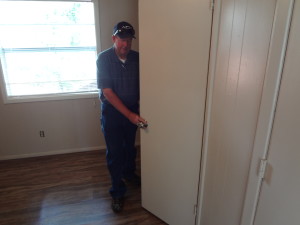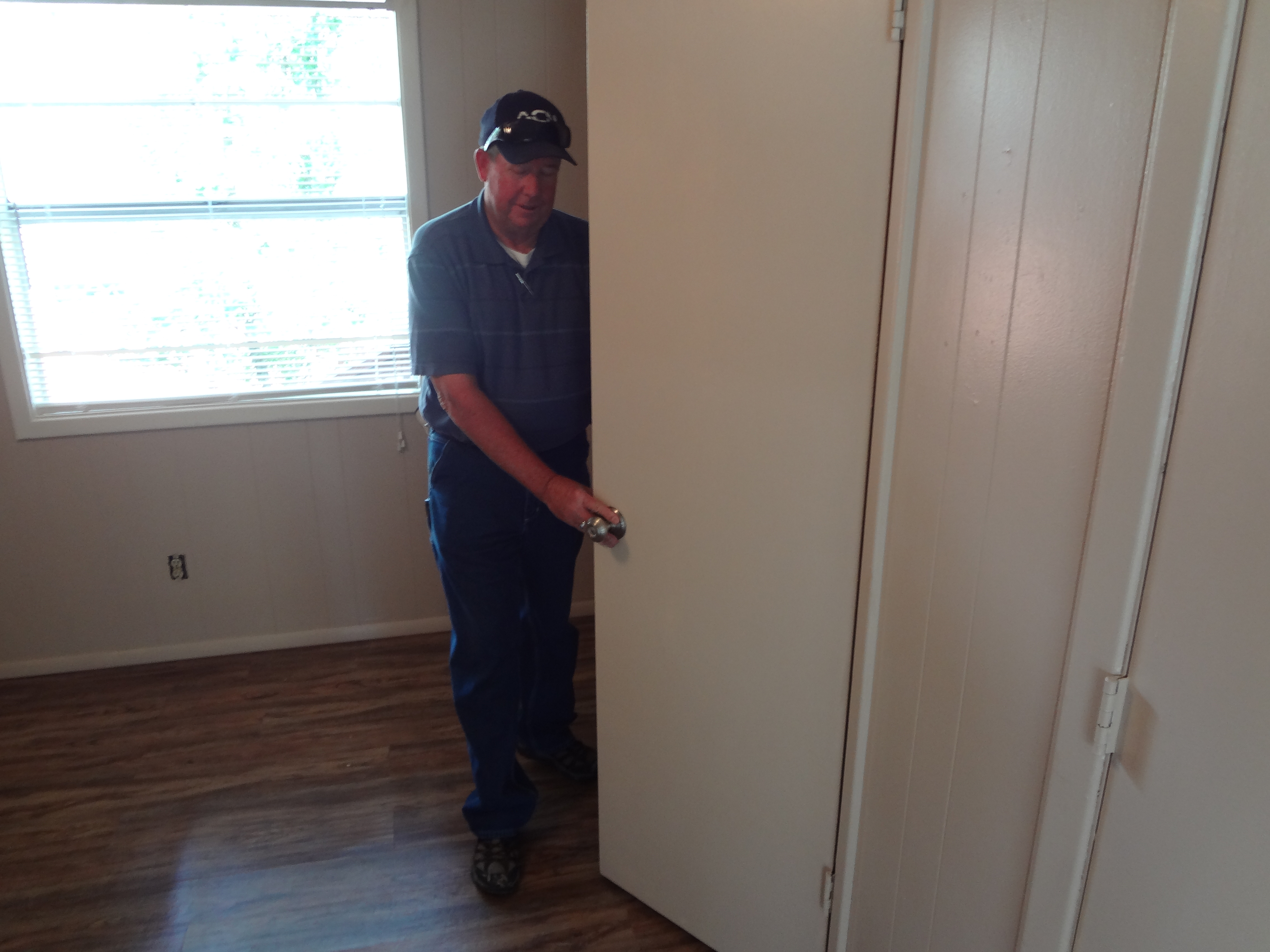Victims of domestic violence who enter shelters are thrown into a vast, complex fusion of traumatic emotional turmoil, safety fears for themselves and their children, going back to school to increase job skills or initiating job searches, finding daycare for their children, the threat of accruing bills or pending financial ruin and navigating the “real world” in which many have been intentionally isolated from by their abusers. The work they must do while at the Nest domestic violence shelter is daunting, to say the least.
These courageous women are expected to deconstruct, analyze and ultimately rebuild their entire lives, which are often far more dangerous and complex than ours. And they have only 3 months to accomplish what the rest of us have had a lifetime to do.
But, astoundingly, they do it.
Somehow, in only 90 days after admission to the Nest, victims blossom into survivors. They begin the process of reclaiming their lives, their self-esteem and their power. While this remarkable process is without question a painstaking one, it begins at the Nest, but it does not end there.
Fortunately, there is now breathing room for those who are otherwise given little time to catch a breath in the arduous, healing process.
A local faith-based non-profit group has stepped up to the plate to resolve a common obstacle many victims face when ending their program at the Nest – where to live.
According to HEAL Vice President Julie Gilliland, “As a tourist town, we face higher than average housing costs. We understand finding affordable and safe housing is a significant barrier for women and children leaving the Nest. That is why this new transitional housing component is so critical.”
In coordination with Help End Abuse for Life (HEAL), Gilliland, her husband Tim and apartment manager Gary Woodward have come together to offer transitional housing for survivors leaving The Nest who still need time to get the rest of their affairs in order.
The 12 transition units each have 2 bedrooms and one bathroom. The management model includes the Nest units, which are independently funded by rent money collected from other tenants. This uniquely creates a sustainable, self-funded and long-term charity project.
Not all 12 units are available yet. The team is in the process of updating each unit from top to bottom, including paint, hardware and appliances.
The immensity of this project truly requires a team effort, as the cost of renovation of the apartments is significant. Items that are still needed to complete the remaining units for Nest residents include household staples like trash bags or cleaning supplies, appliances, paint and hardware. Cash donations are also gratefully accepted.
Also desperately needed are volunteers who can help with painting, remodeling or redecorating and yard maintenance. Volunteers and donors are invited to call Gary Woodward at 575-937-2849 for more information.
The apartments are also available for rent by people who have not been served at The Nest, but who are financially distressed.
All tenants showing a need are placed on a sliding rent scale which gradually increases over time. The team’s intent is to see residents leaving within one year, although they will continue to support those who have made progress but not yet achieved their ultimate goals. “We believe every person can become a survivor and thrive. Our desire is to love them and help them move forward into their dreams and destiny, in whatever way we can, big or small,” said Julie Gilliland.
Pictured is Gary Woodward in one of the transitional apartments offered to Nest residents.



